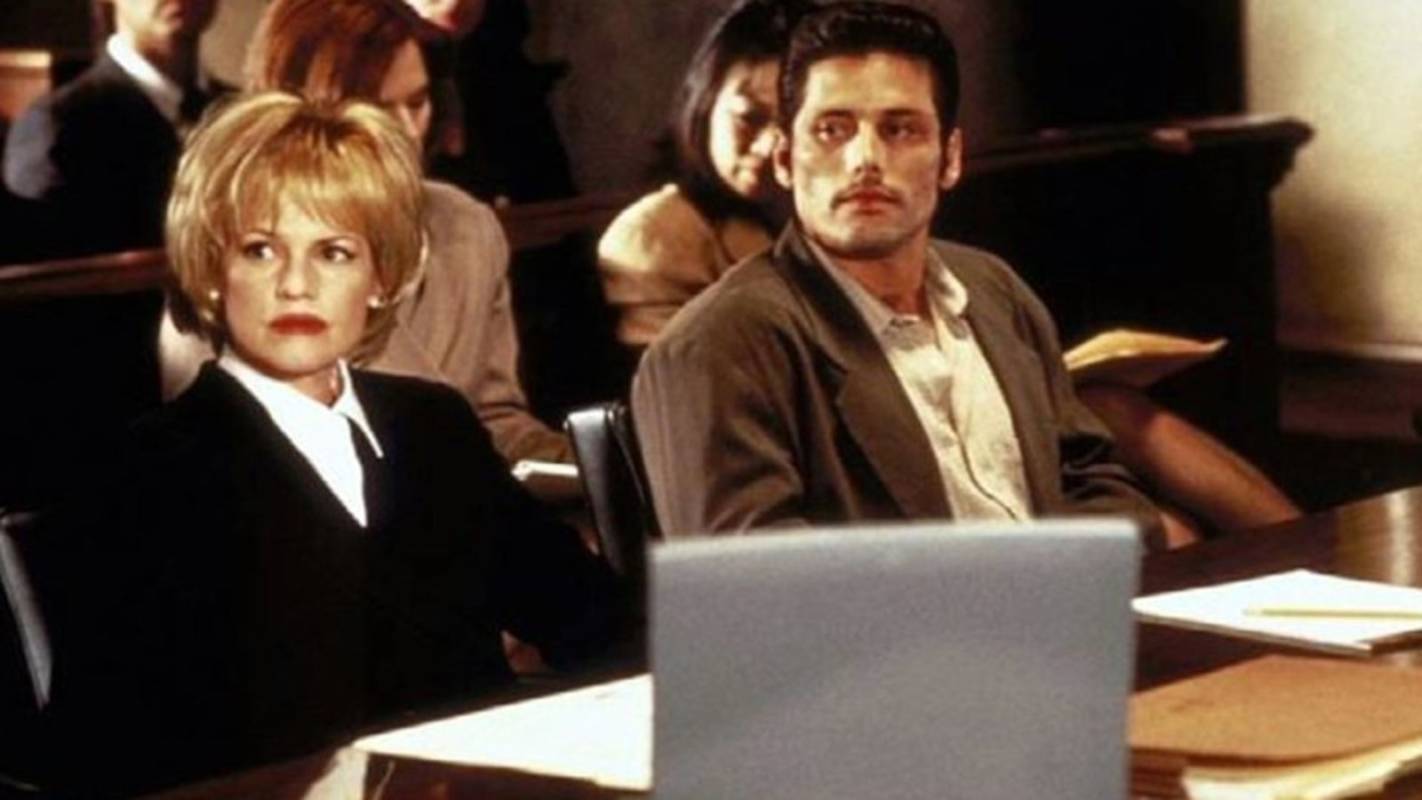

Our plank carried by sixty-nine votes, and it was a big, big day for us." … And how proud I was to hear my father's voice announce the eight votes of South Dakota in favor of my amendment. When so many people were trying to talk me out of it, he was the one who urged me on. "While I was saying all that," Humphrey later recalled, "my father was sitting right there in the hall. … The time has come for the Democratic Party to get out of the shadow of states' rights and walk forthrightly into the bright sunshine of human rights."

He spoke less than 10 minutes, but his voice was filled with passion: "… there are those who say to you - we are rushing this issue of civil rights. We should have done this a long time ago." He promised New York's votes and said he would try to get others.Īs Humphrey stepped to the podium, the audience hushed. After reading it quickly, Flynn exclaimed, "You go ahead, young man. Humphrey pledged to take his minority plank to the convention floor.Īs Humphrey sat on the rostrum on July 14, 1948, 75 years ago, waiting to address the convention, the powerful party boss in the Bronx, Ed Flynn, leaned over and asked to see the speech. After heated debate, the status quo majority plank carried decisively.

He urged the platform committee to embrace Truman's already solid record on civil rights. Party leaders were content to recycle the 1944 civil rights platform plank because they didn't want to alienate Southerners they warned Humphrey that he would divide the party and jeopardize his own career.īut Humphrey argued that Truman himself had made civil rights the central issue by creating a presidential civil rights commission which recommended broad legislation. President Harry Truman, who had succeeded to the presidency upon Franklin Roosevelt's death in 1945, was a clear underdog in his bid for election in his own right that fall. The party's leadership argued that doing so would threaten party unity in a critical election year. Īs Hubert Humphrey, the 37-year-old mayor of Minneapolis, led the Minnesota delegation to the 1948 Democratic National Convention in Philadelphia, his primary goal was to help persuade the Democratic Party to adopt a strong civil rights position. Opinion editor's note : Star Tribune Opinion publishes a mix of national and local commentaries online and in print each day.


 0 kommentar(er)
0 kommentar(er)
